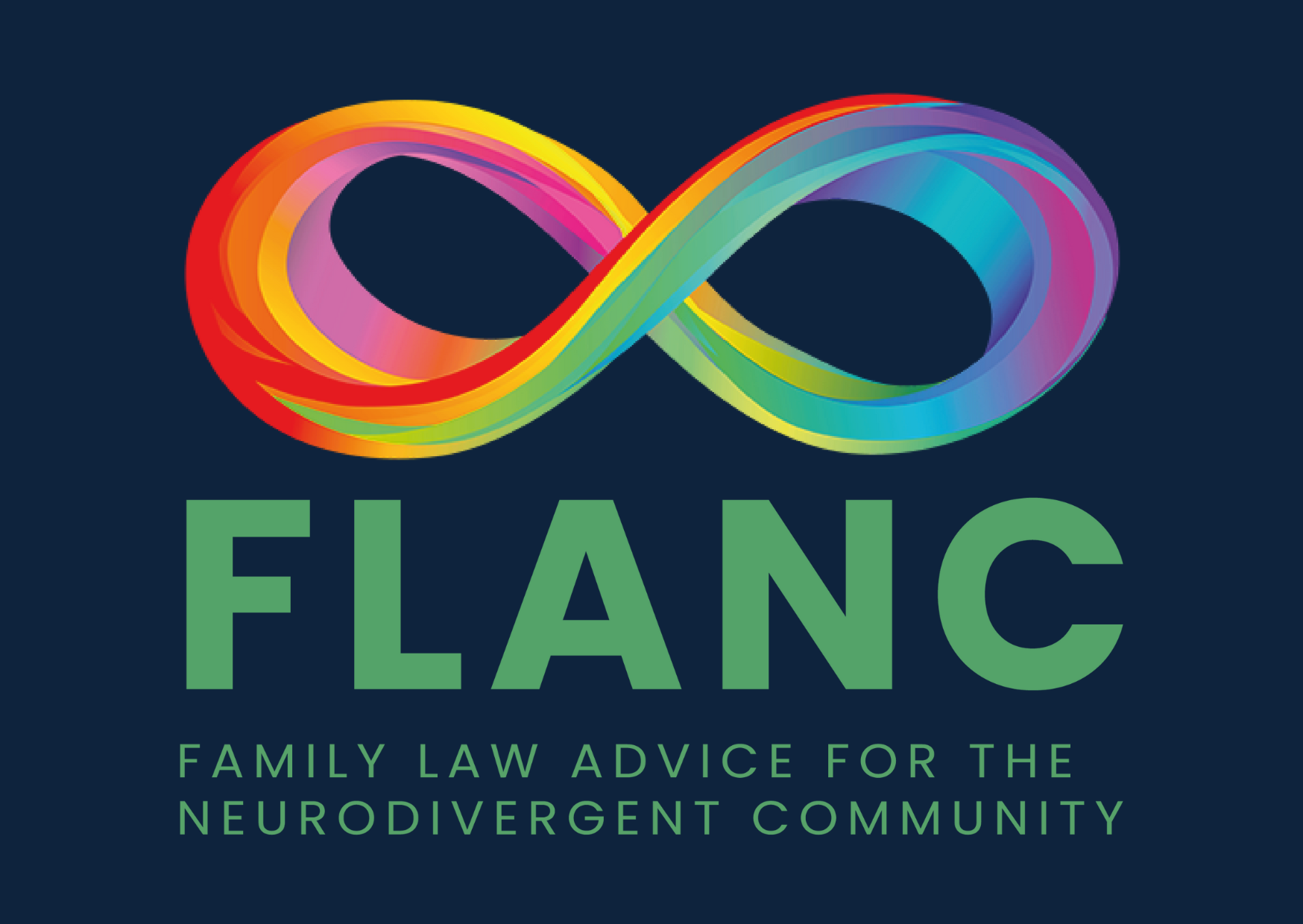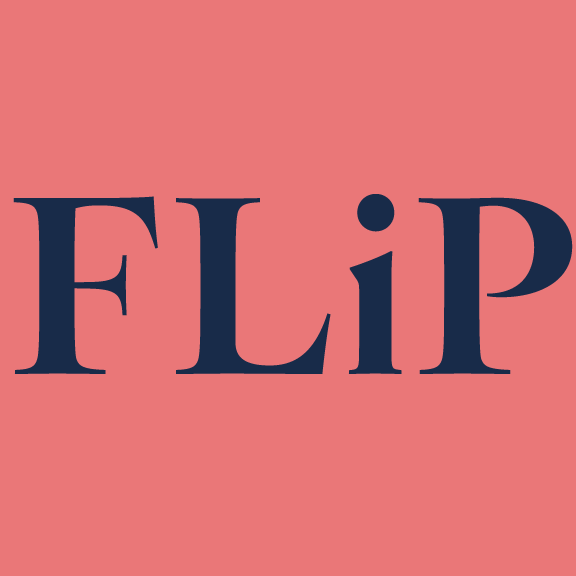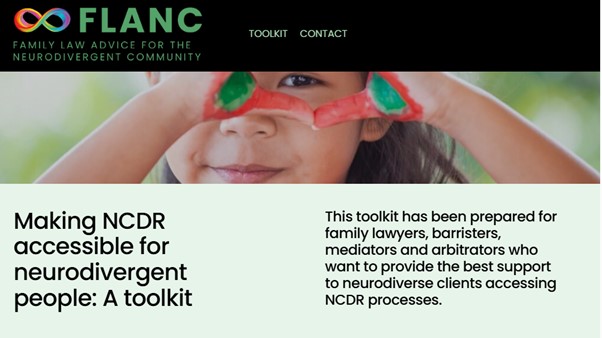Last month, the Non-Court Dispute Resolution (NCDR) Toolkit was launched. A collaboration between FLANC and FLiP, the toolkit will help practitioners support neurodivergent clients through the NCDR process. Jenny Beck KC (Hon) and Elizabeth Fletcher showcased the toolkit at a breakfast launch.
NCDR refers to any process that can be used to help people resolve issues without making a court application, such as mediation, arbitration and solicitor negotiation. NCDR is often recommended to separating families to save time, money and stress. Unless there are special circumstances such as domestic abuse, the court will expect some form of NCDR to have been attempted before making an application to court regarding child arrangements, finance or property issues.
Neurodivergent people are over-represented in family court proceedings, meaning that family justice has an even greater responsibility to proactively support the neurodivergent community in accessing justice. The NCDR toolkit facilitates this by equipping practitioners with the skills to identify and address barriers to justice.
The toolkit covers Screening and Participation; Identifying Appropriate Adjustments; and Agreement of Process. Click here to access the toolkit.
FLiP’s Elizabeth Fletcher, Director and Mediator, and Victoria Nottage, Director of Knowledge and Learning, explore the toolkit and its benefits in more detail:
Screening and Participation Essentials
Screening is a term that family law professionals are already comfortable with and use implicitly in our client care as we assess vulnerability and capacity.
Screening is an explicit part of the MIAMs meeting; and as mediators are already vigilant about the presence of Domestic Abuse and /or imbalance of power (whether or not acknowledged by the client), it is possible to be alive to the fact that neurodivergence can be a very real barrier to participation. As with every client, there is no one size fits all here either.
The first and simplest question might be to find out if there is a diagnosis. If so, it will usually include recommendations for support and interventions tailored to the individual’s specific needs and challenges. It’s helpful to know about this and to read the diagnosis if possible.
If there is no diagnosis or you are unable to read it, the FLANC document ‘All About Me’ (here and adapted by Caroline Bowden from Anthony Gold) is a good place to start when finding out more about your client’s unique characteristics.
This document is intended to be confidential in the same way that the MIAMs intake form is confidential, so it does not need to be shared with the other party or their advisors if they have them.
Identifying Appropriate Adjustments
Once you have a clearer picture of your client’s unique characteristics and potential vulnerabilities, the NCDR toolkit walks you through adjustments that might be helpful. For example, some people may struggle to interpret social cues, others to process written material and others might have numerical challenges.
The toolkit has been designed in a way to allow practitioners to focus only on the needs and adjustments that may be relevant to their client.
Agreement of Process
Once screening is completed and any barriers to participation have been identified, practitioners can transpose this information into improving the client’s experience of the NCDR process. We have developed an Agreement of Process document to assist with this.
This document takes you through a framework for agreeing and recording tailored arrangements with the other participant, addressing factors like how long each session will last, how often there will be breaks and the mode of communication that will be used between sessions – this could include voice memos for example if written communication proves difficult.
These discussions take time, but the importance cannot be underestimated and once agreed, the framework can be ported into further processes, for example in a Med to Arb scenario.
Why?
Making an obvious point, the better the client is able to participate, the more likely it is that the NCDR process will succeed.
Supporting clients to participate fully in an NCDR process means that they are able to take advantage of all the upsides that staying out of court provides. Whilst this is not an article on the advantages of NCDR, if the rest of society is able to enjoy the benefits of a bespoke process that listens to and tries hard to meet their needs in separation and divorce, there should be no reason why the neurodivergent community should not enjoy the same benefits.
Jenny Beck KC (Hon), Director of Beck Fitzgerald and founding member of FLANC added:
It has been a pleasure to work with Flip and receive such enthusiastic support for our toolkit. We really hope this can widen participation in NCDR which is far more flexible and adaptable than court proceedings. At FLANC we will continue to strive for better recognition and support for the neurodivergent community. We are calling for mandatory training across the family justice system.

FLANC’s work promotes education, discussion and awareness of the challenges faced by neurodivergent clients navigating the family justice system through training for professionals and driving procedural changes.



Recent Comments